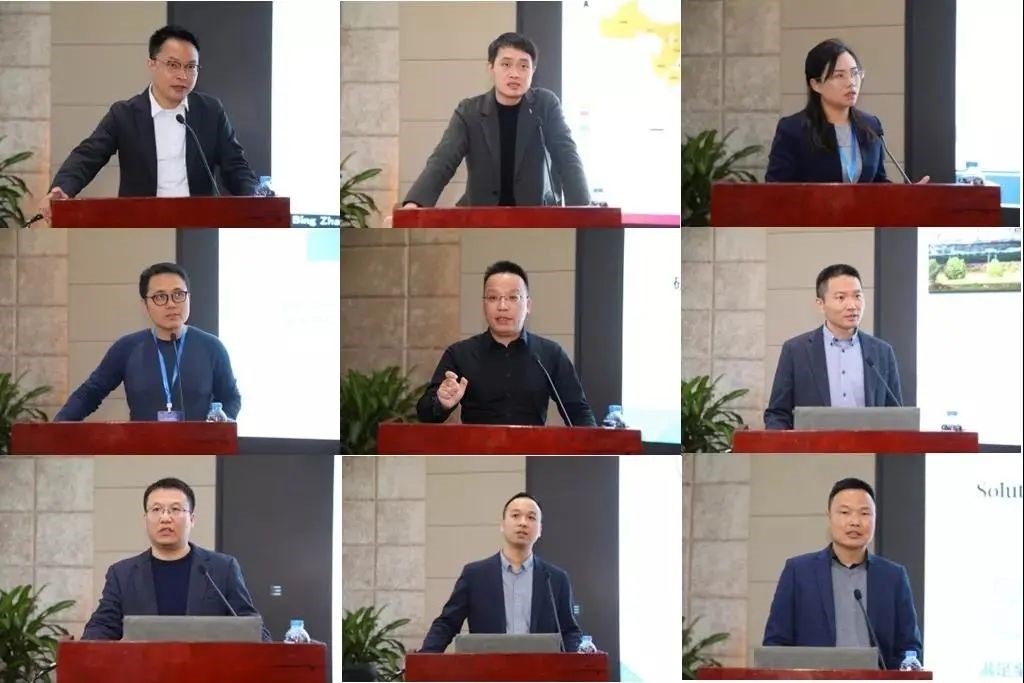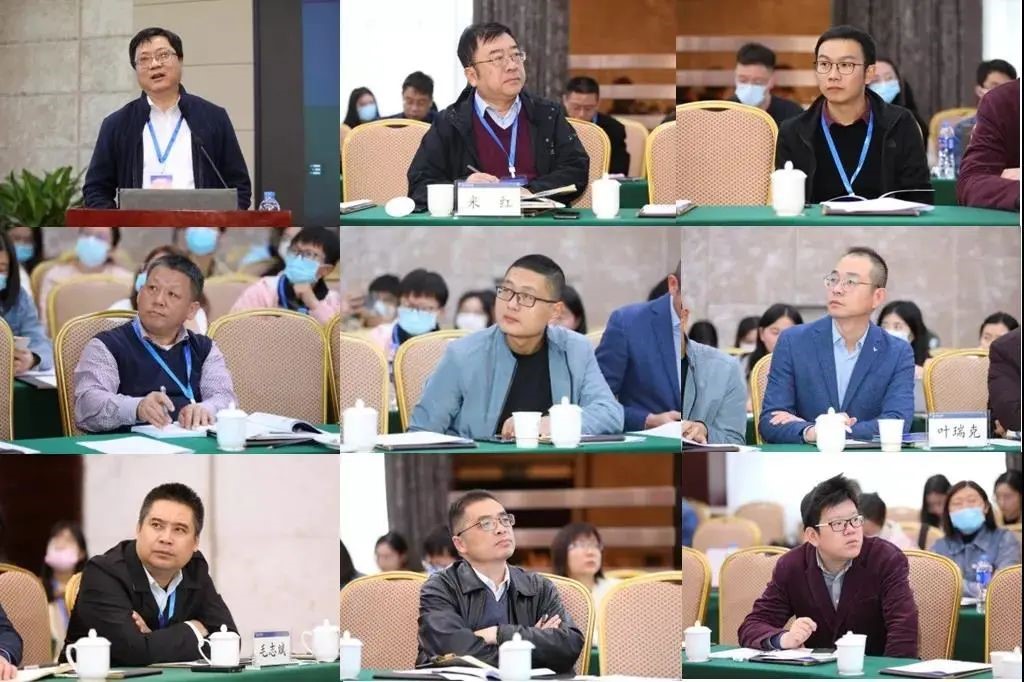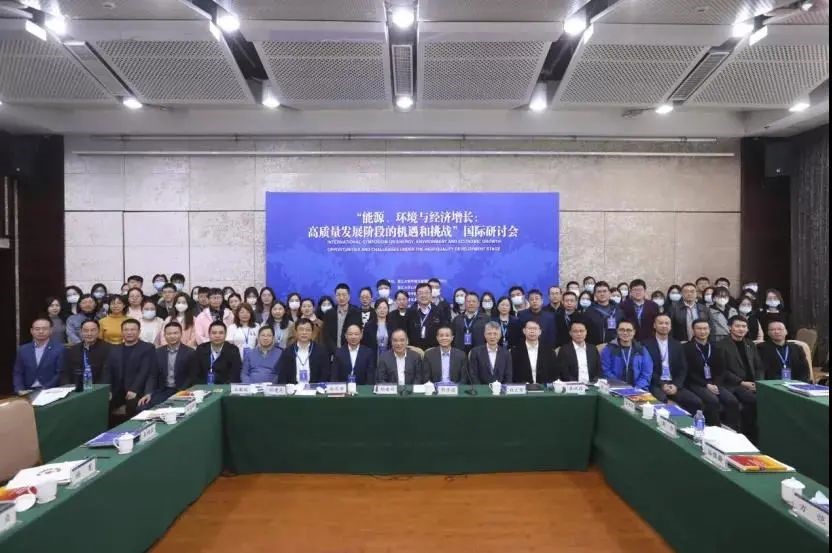The international seminar on Energy, Environment and Economic Growth: Opportunities and Challenges in the Stage of High-quality Development was successfully held in Zhejiang University
From November 13 to 14, 2021, the Symposium on Energy, Environment and Economic Growth: Opportunities and Challenges in the Stage of High-quality Development, co-sponsored by the Environment and Energy Policy Research Center of Zhejiang University, the School of Public Affairs of Zhejiang University, the China Rural Development Research Institute of Zhejiang University and the Zhejiang Youth High-level Talent Association, and jointly undertaken by the Resource, Environment, and Agricultural Development Team of Zhejiang University and the Agricultural Green Transformation and High-quality Development Research Group of the National Natural Science Foundation of China, was held in Zijingang Campus of Zhejiang University. Experts and scholars from colleges and universities, scientific research institutions and government departments focused on anchoring double carbon goals, coping with climate change, deepening system reform and ensuring energy security Strengthening environmental protection and promoting green development and other topics carried out warm and in-depth exchanges.
Professor Zhao Zhirong, president of our college, Professor Qian Wenrong, vice president, and Professor Shi Minjun, a leading talent in liberal arts, served as the moderators of the three special reports. Professor Yu Jianxing delivered a speech. Four teachers including Fang Kai, Gong binlei, Yan Zhen and Zhou Yunheng were invited to make a report on the conference. Researcher Gong binlei also served as the host of the opening ceremony and keynote report.
Opening ceremony and keynote Report
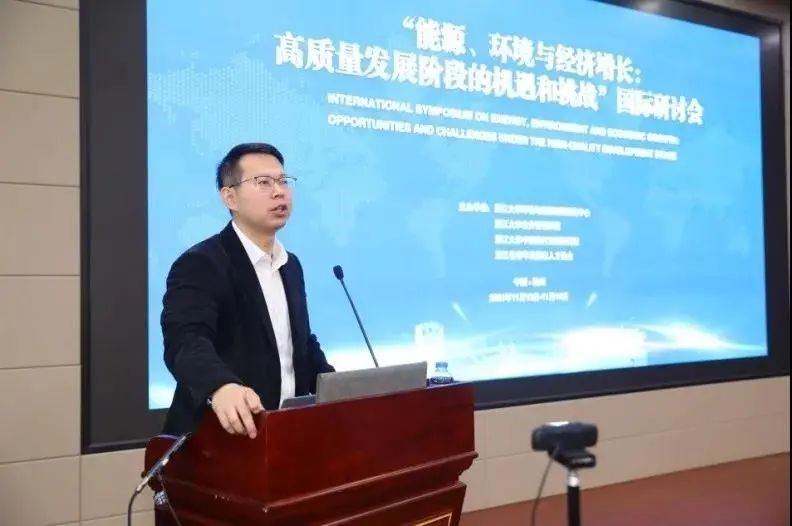
The opening ceremony and keynote report were presided over by Gong binlei, a Young Changjiang Scholars of the Ministry of Education, deputy director of the Environmental and Energy Policy Research Center of Zhejiang University, and long-term associate professor of the School of Public Affairs of Zhejiang University.
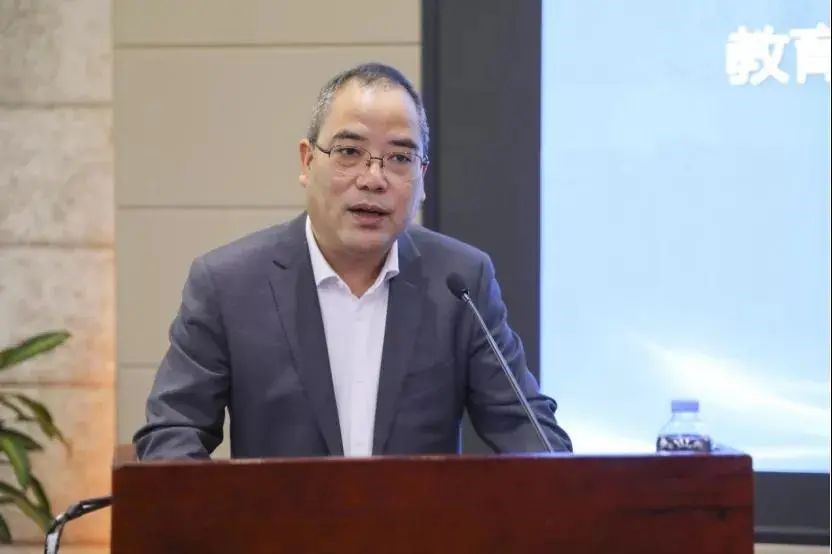
Yu Jianxing, Distinguished Professor of Changjiang Scholars of the Ministry of Education, President and Deputy Secretary of the Party Committee of Zhejiang Gongshang University,co-director of the Environmental and Energy Policy Research Center of Zhejiang University, and professor of the School of Public Affairs of Zhejiang University, delivered a speech. Professor Yu Jianxing first introduced the establishment background and original intention of the Energy and Energy Policy Research Center, and discussed four views on the plan of achieving carbon peak in 2030 and carbon neutralization in 2060 and the transformation of China's future energy structure.
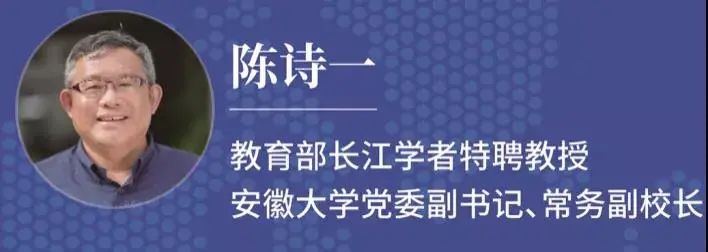
Professor Chen Shiyi, Distinguished Professor of Changjiang Scholars of the Ministry of Education and Deputy Secretary of the Party Committee and executive vice president of Anhui University, delivered a keynote speech on the topic of strategic choice and implementation path for China's industry to achieve carbon neutrality. Professor Chen focuses on the power industry and five high emission industrial sectors in the industrial sector. By constructing a planning model including power demand side and power supply side, he decomposes and analyzes the dynamic scenario factors of the two sectors of non-power industry and power industry.
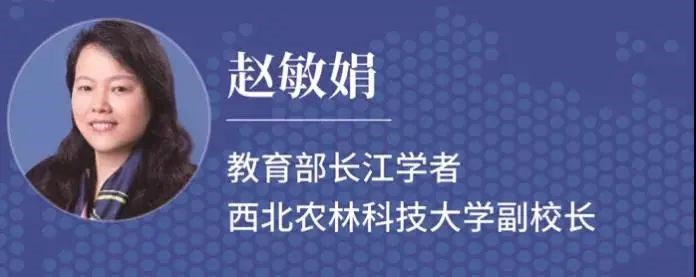
Professor Zhao Minjuan, Changjiang Scholar of the Ministry of Education and vice president of Northwest A&F University , delivered a keynote speech on thinking about agricultural sustainable development from the perspective of carbon peak and carbon neutralization. Professor Zhao believes that to realize the agricultural sustainable development strategy under the double carbon goal, first, we should embed agriculture into the national double carbon goal. Secondly, under the support of industry, the ecosystem should also be included in the extension scope of agriculture.
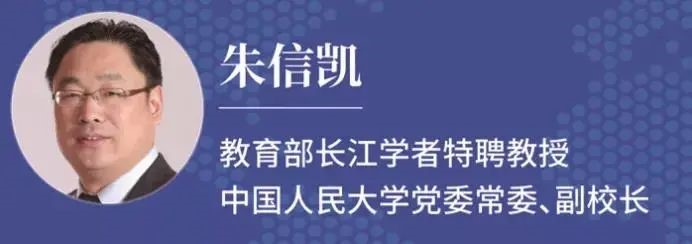
Professor Zhu Xinkai, Distinguished Professor of Changjiang Scholars of the Ministry of Education and member of the Standing Committee of the Party committee and vice president of Renmin University of China, delivered a keynote speech on the theme of Achieving the goal of carbon peak and carbon neutralization and boosting high-quality economic development. Professor Zhu pointed out China's current economic situation and challenges, and discussed how the double carbon goal can promote high-quality development and prevent transformation risks. Professor Zhu pointed out that the new infrastructure investment has an obvious pulling effect on the economy and employment, and also plays a positive role in energy conservation and emission reduction. There is still room for further optimization in the future.
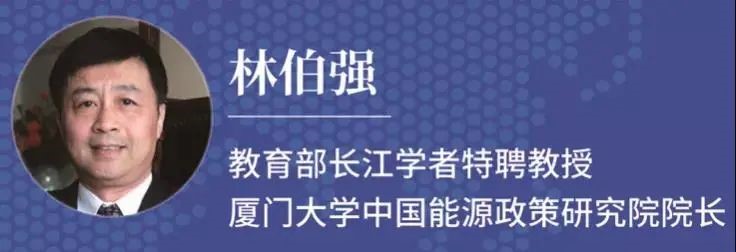
Professor Lin Boqiang, Distinguished Professor of Changjiang Scholars of the Ministry of Education, editor in chief of Energy Economics and President of China Energy Policy Research Institute of Xiamen University, delivered a keynote speech on the topic of China's high-quality economic growth in the context of carbon neutrality. Professor Lin believes that there are two development paths in the future: first, foreign cooperation to promote the optimal allocation of resources through the globalization of trade; the second is to adopt carbon marginal regulation tax to promote carbon emissions through trade.
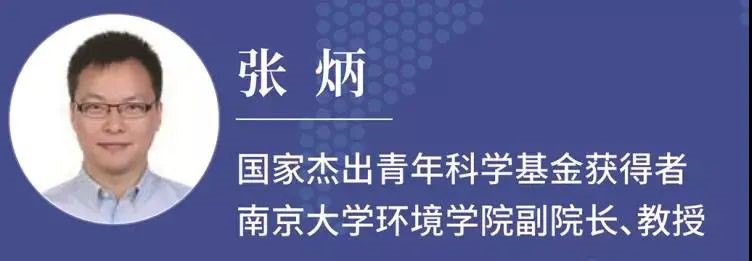
Professor Zhang Bing, winner of National Science Fund for Distinguished Young Scholars and vice president of School of Environment, Nanjing University, delivered a keynote speech on the topic of Carbon trading market and power market reform in power industry. Professor Zhang focused on the expected effect of China's carbon trading market policy reform, and believed that the regulation of the power market will significantly affect the performance of the carbon trading market and need the transmission of the price mechanism. In addition, under more constraints, carbon tax can effectively make up for the limitations of carbon trading market.
Special report I
Anchoring dual carbon goals and addressing climate change
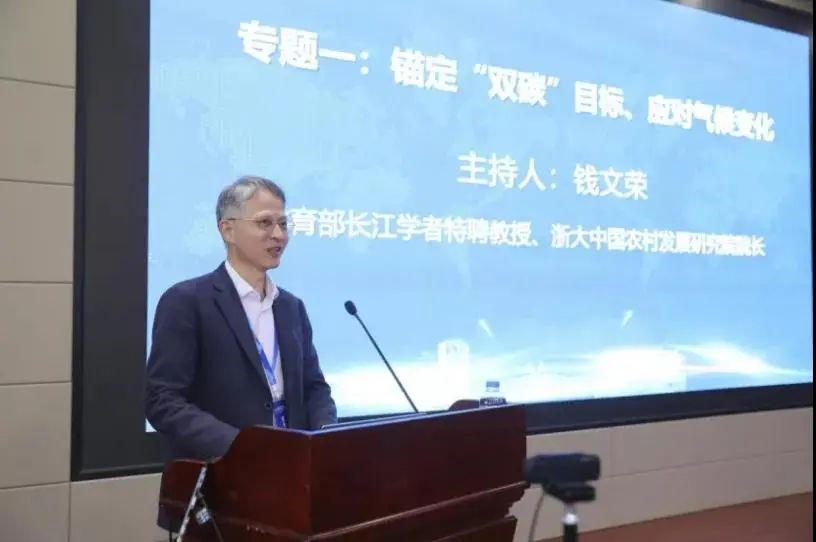
Professor Qian Wenrong, Distinguished Professor of Changjiang Scholars of the Ministry of Education, President of China Rural Development Research Institute of Zhejiang University and vice president of the School of Public Affairs of Zhejiang University, presided over the speech and Discussion on the first topic Anchoring dual carbon goals and addressing climate change . Researcher Xie Wei, winner of the National Science Fund for Outstanding Young Scholars and researcher of the School of Modern Agriculture of Peking University, made a report entitled Climate change, food security and economic growth. Fang Kai, Young Top Talent of the National Wanren Plan, deputy director of the Environmental and Energy Policy Research Center of Zhejiang University and long-term associate professor of the School of Public Affairs of Zhejiang University, made a report entitled How to achieve high-quality carbon peak - based on the analysis of China's provinces, regions and industries. Professor Chen Xiaoguang, winner of the National Science Fund for Outstanding Young Scholars and professor of the Institute of Economics and Management of Southwestern University of Finance and Economics, made a report entitled Research on the impact of temperature change on China's agricultural processing enterprises. Professor Qin Ping, School of Applied Economics of Renmin University of China, made a report entitled Impact of climate change on domestic water use behavior in China. Associate Professor Tian Xiaohui, School of Agriculture and Rural Areas, Renmin University of China, made a report entitled Analysis of China's forest emission reduction potential under the double carbon target. Yan Zhen, a researcher from the School of Public Affairs of Zhejiang University, made a report entitled Climate change and adaptive development of fisheries.
Special report II
Deepen system reform and ensure energy security
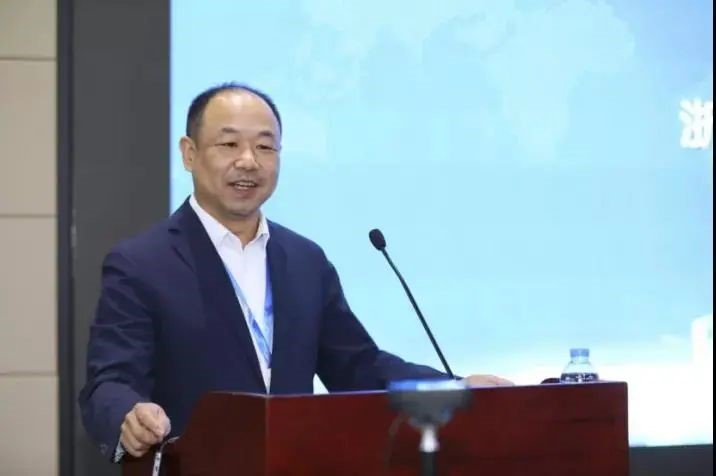
Professor Zhao Zhirong, Dean of the School of Public Affairs of Zhejiang University, presided over the speech and Discussion on the second topic Deepen system reform and ensure energy security . Sun Chuanwang, a Young Changjiang Scholar of the Ministry of Education and professor of the School of Economics of Xiamen University, made a report entitled Tax incentive, scale expansion and technological innovation of new energy industry. Gong binlei, a Young Changjiang Scholar of the Ministry of Education, deputy director of the Environmental and Energy Policy Research Renter of Zhejiang University and long-term associate professor of the School of Public Affairs of Zhejiang University, made a report entitled Significance, challenges and Countermeasures for the high-quality development of China's energy industry. Professor Wei Chu, winner of the National Science Fund for Outstanding Young People and vice president of the School of Applied Economics of Renmin University of China, made a report entitled Southern urban heating market: potential and impact assessment. Wang Ke, a top-notch young talent of the National Wanren Plan and professor of the School of Management and Economics of Beijing Institute of Technology, made a report entitled The effectiveness of carbon emission trading pilots under the target responsibility system in China. Professor Song Feng, director of the Department of Energy Economics, School of Applied Economics, Renmin University of China, made a report entitled Efficiency vs. equity: linkage between electricity market design and carbon pricing. Zhou Yunheng, Secretary General of Environment and Energy Policy Research Center of Zhejiang University and associate professor of School of Public Affairs of Zhejiang University, made a report entitled Energy demand security assessment method and demonstration.
Special report III
Strengthen environmental protection and promote green development
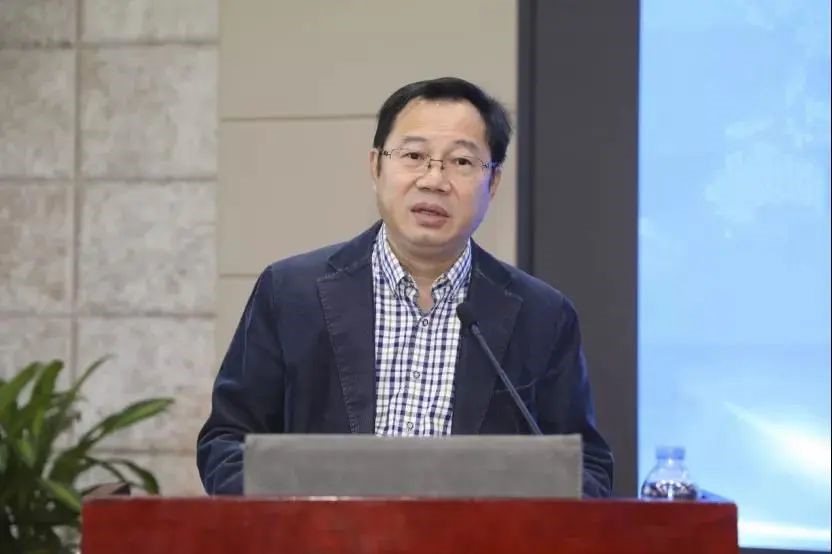
Shi Minjun, a Qiushi Distinguished Professor of Zhejiang University, a leading talent in liberal arts and a professor of the School of Public Affairs of Zhejiang University, presided over the report and discussion of the third topic Strengthen environmental protection and promote green development . Professor Yi Fujin, young top talent of the National Wanren Plan and vice president of the School of Economics and Management of Nanjing Agricultural University, made a report entitled Industrial pollution and Wheat Productivity: Empirical Evidence from thermal power plants in North China. Wang min, deputy director of Environment and Energy Research Center of Peking University and associate professor of National Development Research Institute, made a report entitled How does the environmental regulation reshape the industrial structure?. Professor Yang Mian, director of the Institute of Economics of Wuhan University, made a report entitled Beyond the Environmental Kuznets curve, we should not only have green water and green mountains, but also have a path of poverty alleviation with Chinese characteristics. Professor Zhou Li, a top-notch young talent of the National Wanren plan and the School of Economics and Management of Nanjing Agricultural University, made a report entitled Research on the impact of cadmium rice incident. Associate Professor Wang Yangjie of Business School of Central South University gave a report entitled Do national conservation areas prevent expansion of human activities in China?. Gu Baojing, a researcher from the School of Environment and Resources, Zhejiang University and a winner of the National Science Fund for outstanding young people, made a report entitled Credit system for agricultural pollution control. Zheng Jianzhong, director of the Promotion Office of double carbon special class and director of the municipal government office in Quzhou City, Zhejiang Province, made a report entitled Exploring a new path of ’double carbon’through carbon account reform.
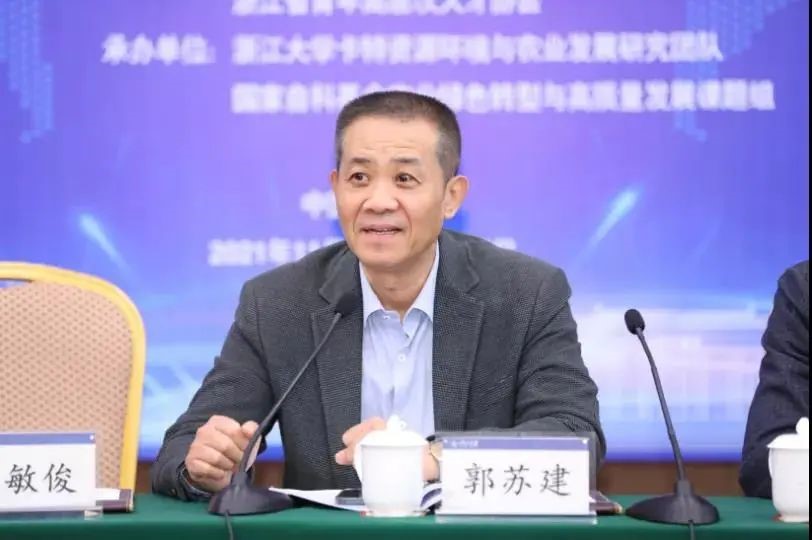
Professor Guo Sujian, Distinguished Professor of Changjiang Scholars of the Ministry of Education, part-time professor of Zhejiang University and director of Environment and Energy Policy Research Center, summarized the meeting. Professor Guo pointed out that China's economy has entered a high-quality development stage. He believes that high-quality development is an intensive economic development, which emphasizes and pays more attention to total factor productivity, quality first, benefit optimization, energy consumption reduction, emission reduction, low-carbon and green development. We must take double carbon as the goal to realize industrial transformation and upgrading. The consensus of the meeting was that we should not continue to rely on and adopt the traditional means of administrative order or mobilization in the past, but must rely on concept innovation, scientific and technological innovation and system innovation, and rely on new ideas and concepts to lead practice, policy innovation and high-quality development. Therefore, we must adhere to the fact that we must adhere to reform and opening up, improve the market system and strengthen the construction of the legal system, so as to achieve the double carbon goal and high-quality economic development driven by reform, innovation, market and technology. At the same time, we should connect the double carbon goal with high-quality development, and explore a mutually beneficial and win-win path of sustainable development between environmental protection and economic development.
